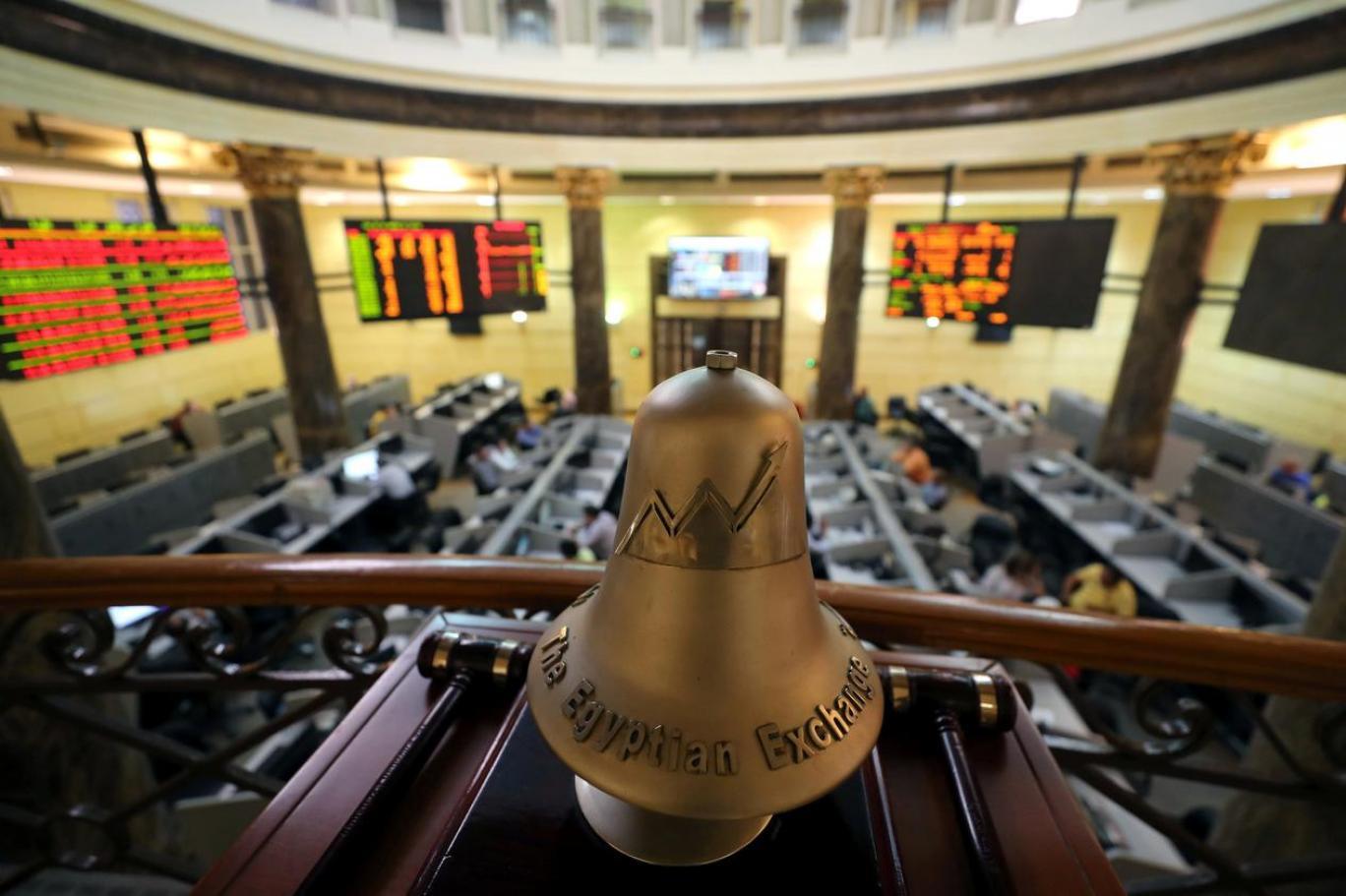
Will Rising Interest Rates Enhance Equity Capital On EGX?
Despite the hurdles, market analysts are optimistic about a surge in Initial Public Offerings (IPOs) this year, leveraging the robust performance of the EGX in 2023 to secure necessary funds for businesses.
Several high-profile offerings are on the horizon for this year, including Act Financial's eagerly anticipated IPO, which plans to float a portion of its shares. Similarly, Qalaa Holding is poised to offer a stake in its subsidiary, the National Printing Company, alongside other companies in the small and medium enterprise sector initiating registration processes.
Moustafa El Shenety, Co-Head of Investment Banking at Zilla Capital, notes that while listing on the stock exchange isn't without cost-investors acquire a stake in the company-it remains the most cost-effective financing method currently, given the steep rise in borrowing costs.
El Shenety anticipates a flurry of new listings on the EGX soon, especially as financing costs have soared past 30%, prompting an uptick in shareholder capital injections as direct investments.
Despite recent market downturns, El Shenety finds the market's prospects appealing. Individual investors may be shifting towards fixed-income assets with lucrative returns, but institutional investors are poised to capitalize on the market's corrective phase, particularly with stock prices at a low. This shift from individual to institutional participation is expected to intensify in the coming months, potentially catalyzing market growth.
He remarks that the market is saturated and in need of fresh listings. Notably, it's been a while since large companies went public, and some have even delisted voluntarily, leading to a more insular market than before.
In the event of IPOs, sectors like agriculture, industry, tourism, healthcare, and non-banking financial services, as well as those focused on import substitution, are likely to draw significant interest.
Minoush Abdelmeguid, CEO of Mezzan for Financial Investments, predicts a wave of IPOs post-summer vacation, citing the market's capacity for increased supply, bolstered by a clear strategic vision and stable exchange rates.
She highlights the allure of the non-banking financial sector, finance, various industrial segments, technology firms, and healthcare as the market's most promising sectors.
Moataz Ashmawy, Managing Director of Arabeya Online, concurs that the EGX is set for an IPO boom this year, especially with Qalaa Holding's announcement to list its“National Printing” subsidiary and ACT Financial's IPO readiness.
Ashmawy emphasizes the stock exchange's role as an efficient investment and financing avenue, offering the lowest costs for those seeking funds. The exchange's success hinges on the returns it provides to traders, typically through cash distributions and dividends. He notes that companies on foreign exchanges seldom withhold dividends, making it a rare occurrence.
He asserts that the essence of the stock market lies in its ability to facilitate financing at a fraction of the cost of bank loans, especially with interest rates hovering around 28.25%, and banks adding a profit margin to the official rate.
Mohamed Abdel-Hakeem, Head of Research at Ostoul Capital Group, foresees more companies going public, driven by EGX's role in enhancing share multipliers and the valuation uptick over the past year. He suggests that rising interest rates are not the sole determinant for companies considering a stock exchange listing.
He explains the reluctance of some company owners to share equity with new partners or shareholders who might gain management rights and influence the founder's decisions, even as the company evolves with increased capital and expansion.
Ahmed Abdelnaby, Head of Research at MubasherTrade, clarifies that equity financing-offering a stake to shareholders-is costlier than loan-based financing, which exceeds 30%. This partnership model, essentially perpetual, grants each partner a share of the company's profits following investment growth and expansion.
Abdelnaby adds that higher interest rates dampen the stock market's appeal for listings, reducing sector attractiveness if such rates persist.
Abdelkhalek Mohamed, Equity Strategist at Thndr, notes a marked interest in IPOs in the second quarter, following announcements by two companies planning to list in the next quarter. He observes that despite rising interest rates, the cost of debt remains lower than the cost of direct company investment.
He concludes that direct investment costs include the debt cost plus a risk premium, with each company's strategy dictating its debt-to-shareholder ratio.

Legal Disclaimer:
MENAFN provides the
information “as is” without warranty of any kind. We do not accept
any responsibility or liability for the accuracy, content, images,
videos, licenses, completeness, legality, or reliability of the information
contained in this article. If you have any complaints or copyright
issues related to this article, kindly contact the provider above.


















Comments
No comment